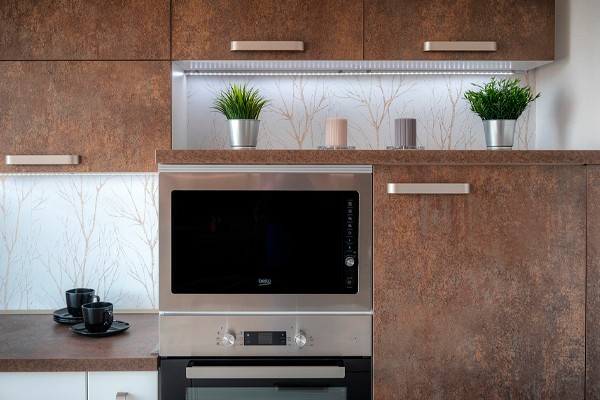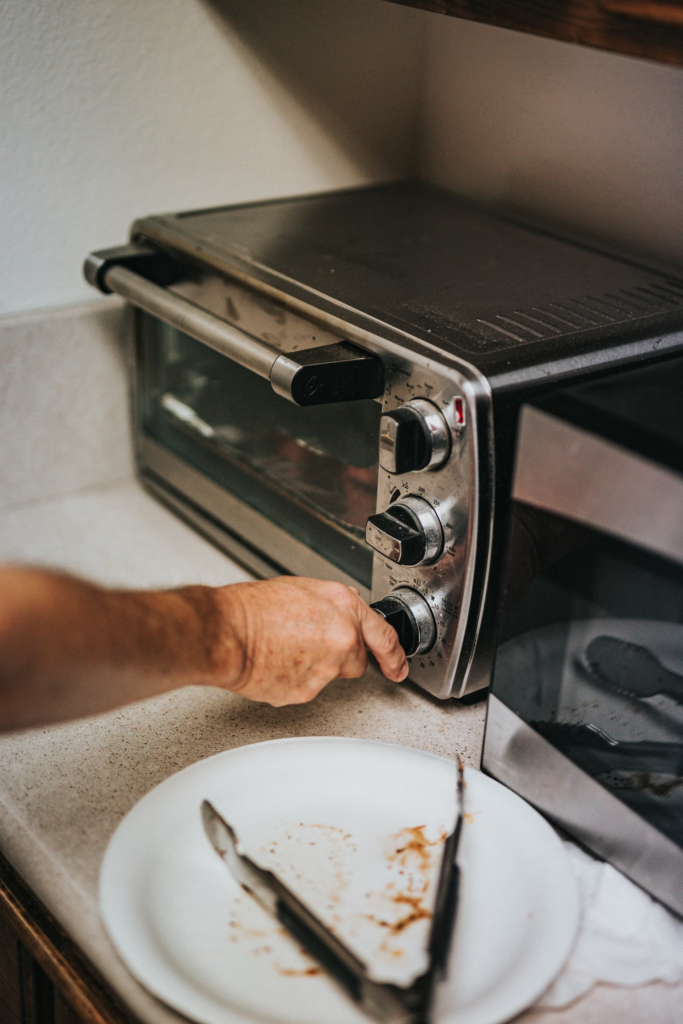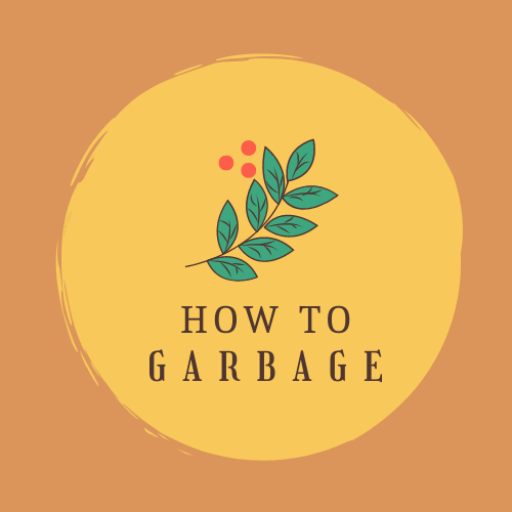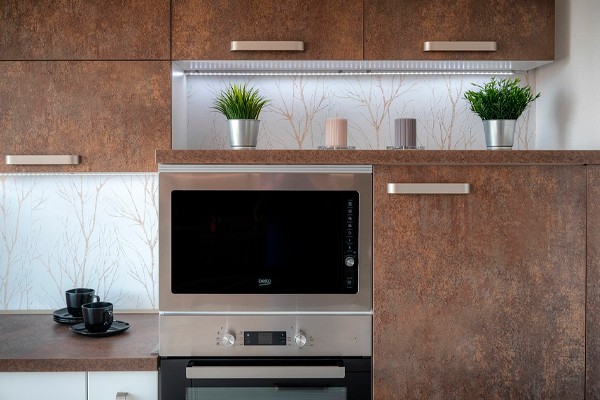
So, you’ve decided it’s time to bid farewell to your trusty toaster oven or microwave. How to dispose toaster oven responsibly is a crucial consideration. Before tossing it in the trash, let’s delve into the importance of environmentally friendly disposal. In this guide, we’ll explore not only recycling options but also the opportunity to donate your toaster oven, ensuring it finds a new home and minimizing its environmental impact. Let’s make space for your new kitchen appliance while contributing to a sustainable future!
Table of Contents
How Do I Get Rid of my Toaster Oven?
If you’re wondering how to get rid of your toaster oven or other kitchen electronics, you have several options. First and foremost, consider donating it if it’s still in working condition, that is the most important step in electronics recycling. Many thrift stores or local charities would gladly accept your old toaster oven, giving it a second chance in a new home instead of you having to throw away a kitchen appliance. Alternatively, you can also check if any repair services in your area recycle toaster ovens, which means they could fix and resell them at an affordable price.
Why is it Important to Dispose of Toaster Ovens in an Environmentally Friendly Way?
Toaster ovens, like any other old appliance, contain various materials like plastic and metal that can be recycled or repurposed. By recycling your toaster oven, you not only protect the environment from pollution but also conserve valuable resources. Additionally, recycling reduces the amount of electronic waste (e-waste) that ends up in landfills, preventing potential harm to our ecosystems. So you should not take toaster ovens to the nearest trash can big enough for it.
Can You Throw a Toaster Oven in The Trash?
Throwing a toaster oven in the regular trash is not the ideal way to dispose of it. Toaster ovens, being electronic appliances, should be handled separately to ensure their proper recycling or disposal. While it may seem convenient to throw it away, taking the extra step to recycle and not just dispose of a microwave or toaster oven will have a positive impact on the environment.
Can Toasters Go in General Waste?

Image by BINGYEN STUDIOl from unsplash
Just like toaster ovens, regular toasters should not be tossed into general waste either. Small kitchen appliances, including toasters, can be recycled (because the materials are recyclable) or donated to a thrift store. By doing so, you contribute to reducing waste and promoting sustainable practices.
How Toaster Ovens are Recycled and Reused:
Toaster ovens, when properly recycled at your local ecological center, are dismantled, and you can collect various components. While you may not be able to do so, the technicians at a recycling center can help. Materials like plastic and metal are collected and sent to recycling companies or scrap metal facilities so you do not have to discard them.
These materials can then be reused in the production of new items, reducing the need for raw materials and saving energy. This recycling process ensures that your old toaster oven doesn’t end up as hazardous waste in a landfill. Apart from that, you can sell your toaster oven to a thrift store if it still works, so it can be reused as a whole, not as parts.
Is a Toaster Oven Considered E-Waste?
Yes, toaster ovens are indeed considered e-waste. Electronic waste includes certain items belonging to a category of electrical or electronic devices. Toaster ovens fall under this category due to their electrical components. It’s essential to handle e-waste recycling responsibly to prevent harmful materials from contaminating our environment.
How to dispose toaster oven
If you’re in New York City and looking to recycle your old toaster oven, you’re in luck! NYC offers various options for recycling and disposing of electronic items so you can get rid of an old one and buy a new one.
The New York City Department of Sanitation provides curbside electronic recycling pickup, making it convenient for residents to recycle their old appliances. Alternatively, you can also drop off your toaster oven at a local recycling center or contact a recycling company for on-site pickup.
How Do I Dispose of a Toaster Oven in MN?

In Minnesota, the disposal of electronic appliances, including toaster ovens, is regulated by state laws. The Minnesota Pollution Control Agency (MPCA) recommends residents check with their local waste management authority for specific guidelines. Many recycling centers in MN accept small appliances for proper recycling so you can find a recycling center near your home or a convenient pickup point. Local thrift stores may also accept donations of working toaster ovens.
Tips
And here’s what you should consider when you want to get rid of electronic items like toaster ovens.
1. Consider giving your toaster oven a new life by donating or repairing it, or you can even repurpose it yourself.
2. Research local regulations and guidelines of your city to see proper disposal methods in your area.
3. Contact your local recycling center or waste management authority for information on electronic recycling programs, then pick up your old toaster oven and dispose of it in an eco-friendly way.
4. Save money by considering the refurbishment of a toaster oven from a reputable recycler.
Warnings:
1. Do not attempt to dispose of a toaster oven in regular trash or mix it with general waste.
2. Be cautious of potential hazards like exposed wires when handling an unwanted and broken toaster oven.
When it comes to getting rid of your old toaster oven, remember that there’s a right way and a wrong way. By recycling, donating, or properly disposing of your toaster oven, you can protect the environment, conserve resources, and even save much money.
So, the next time you’re determined to upgrade your small kitchen appliances, make sure to follow the steps outlined in this guide. Together, we can make a difference and embrace sustainable practices in our daily lives. We may even be able to reverse detrimental ecological processes.

